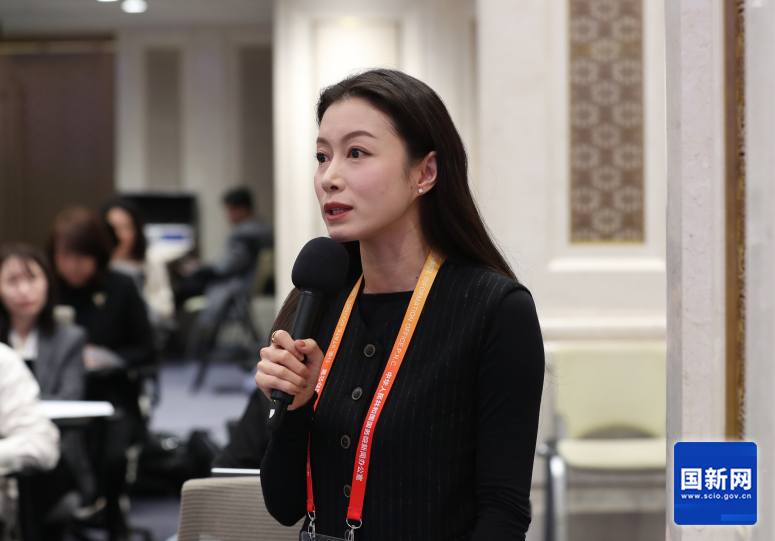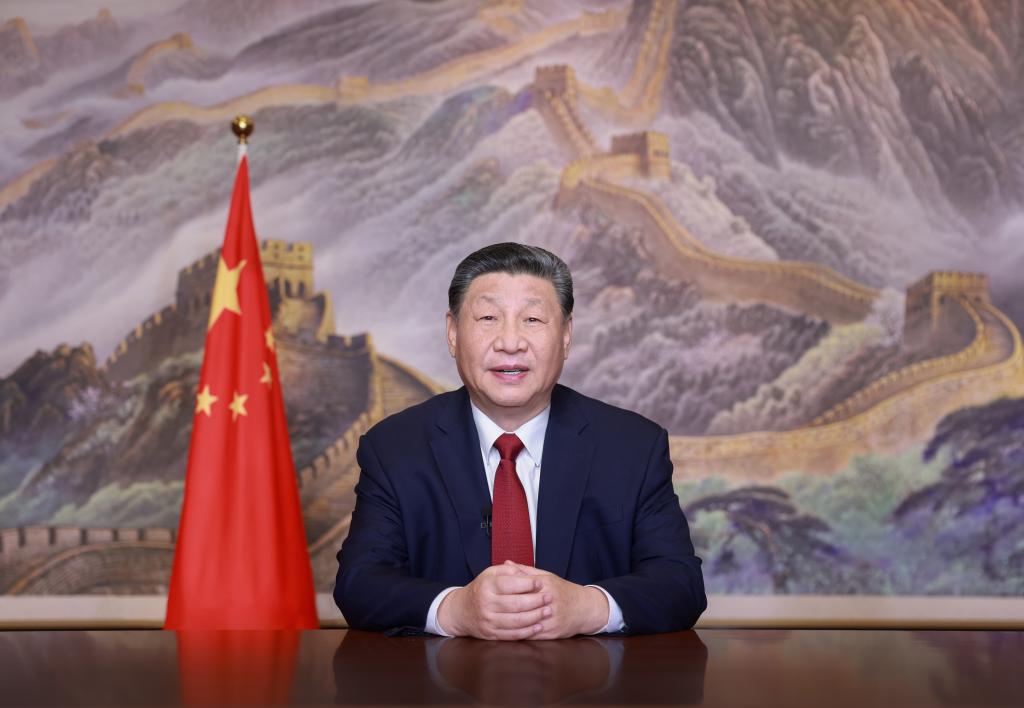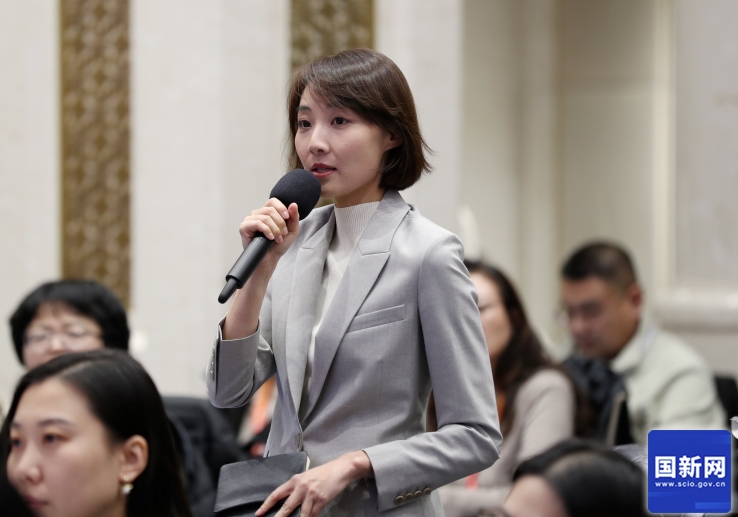
个人与政府谁能胜出?
A tech arms race is pitting states against their citizens
A generation ago, autocrats could still hope to maintain control of information within their countries and to limit the ability of citizens to communicate with one another and the outside world. Today, people carry gadgetry that allows them to send ideas hurtling across borders, to connect with one another as never before.
一代人以前,独裁者们可能仍然希望维持对其国内信息的控制,并且限制本国公民彼此联系或与外界联系的能力。如今,随身带的小玩意儿让人们飞快地把思想传递到国境之外,彼此联络的方式也是以前所未有的。
Satellite television, mobile phones with cameras, Facebook, YouTube and Twitter have empowered the individual. Recent headlines remind us that the state is developing new tools of its own. But the decision by former US Central Intelligence Agency employee Edward Snowden to expose the National Security Agency’s data dragnets demonstrates that state-sponsored surveillance may prove as difficult a secret to keep as any other in an open society.
卫星电视、带摄像头的手机、Facebook、YouTube以及推特(Twitter)已赋予个人极大权力。然而最近的头条新闻提醒我们,政府也在为自己开发新的工具。美国中央情报局(CIA)前雇员爱德华•斯诺登(Edward Snowden)曝光了美国国家安全局(NSA)的数据收集系统。这一事件表明,在这个开放社会中,对政府机构发起的监控活动保密可能会与保守其他所有秘密一样困难。
A battle has now been joined. China still uses its “great firewall”, a system designed to monitor and filter internet traffic, but even the hardest of hardliners knows that China’s online conversation is expanding much faster than Beijing’s ability to manage it. Russian, Saudi and Iranian officials try to censor but they cannot return to the day when most messages with political content were broadcast from a regime-run radio or TV tower.
如今,政府与个人之间都卷入了一场战争。中国仍在使用其“防火长城”(Great Firewall),这是一个用来监控和过滤互联网通讯的系统。然而,即便最强硬的强硬派也知道,中国网络对话扩张的速度,比中国政府相应管理能力的提升速度要快得多。如今,俄罗斯、沙特阿拉伯和伊朗官员也试图实行审查,但是他们再也不可能回到那种政治消息通过官方电台或电视台发布的时代了。
So states are learning that management of communications traffic need not depend only on censorship. It is more effective to use the flow of information than to block it, and governments are countering the revolution in communication technology with a “data revolution” that allows officials to move from defence to offence in their battle with perceived threats.
因此,各国政府正在认识到,对通讯的管理不一定非要在审查制度这一棵树上吊死。管理信息流更有效的办法是利用而不是封堵。为应对通讯技术革命,各国政府正在开展一场“数据革命”,希望使官员们在与可察觉威胁的斗争中由被动防守转为主动出击。
In short, the traffic data and content produced by the world’s emails, online searches and purchases, and the electronic signatures from all those texts and tweets, can be aggregated in real time. Those with access to that data – and the technology to use it – have captured something valuable.
简而言之,全世界电子邮件、在线搜索和购物、以及所有短信和推特消息的电子签名,所有这一切产生的通讯数据和内容都可以被实时搜集。那些有权访问这些数据并掌握足以利用这些数据的技术的人们,已从中获得了有价值的信息。
Our use of online technology – whether for storage, communications or commerce – reveals more of who we are, what we think and what we want. Providing those who treat us as consumers with so much data can compromise our privacy. As the 2012 US presidential election proved, when both sides used it to identify potential voters, big data has now become an essential element of sophisticated political campaigns.
我们对网络技术(不论是有关存储、通讯还是电子商务的技术)的使用,能揭示出越来越多有关我们的身份、想法以及需求的信息。如此多的数据一旦提供给那些将我们视为消费者的人们,就可能会侵犯我们的隐私。2012年的美国总统选举证明,由于竞选双方都使用大数据来识别潜在选民,大数据如今已变成复杂政治斗争中的一项重要元素。
But it is a different matter when that information is passed to states, to those who think of us as voters, opinion-makers or troublemakers.
然而,把这类信息传给政府部门,传给那些将我们视为选民、舆论引导者或麻烦制造者的人们,则是另一码事。
There is nothing inherently evil about big-data analysis. It can help bureaucrats meet the needs of citizens. It can help with the design of systems that improve public health, help street traffic flow more freely, target infrastructure investment, fight crime and protect national security. But who draws the line between activists and criminals? Or terrorists? Or potential terrorists?
大数据分析本身并无邪恶之处。这种技术有助于官方满足民众需求。它有助于设计出能改善公共健康的系统,有助于改善街头交通状况,吸引基建投资的目标,以及打击犯罪与保护国家安全。但是,区分社会运动人士和犯罪分子、恐怖分子或潜在恐怖分子的标准,应由谁来制定呢?
Each government will use this material in its own way. There will be differences of opinion on how this information should be used, but all are vulnerable to abuses of power. As states become more deeply involved in data collection, officials will want maximum control of everything they think might be relevant for (what they consider) national security, in particular.
每个政府都会以自己的方式使用这些信息。对于这些信息的使用方式有各种不同看法,但所有方式都无法避免权力的滥用。随着各个政府越来越深地参与到数据收集活动中,官员们会想要在最大程度上控制任何他们认为可能尤其与(他们想象中的)国家安全有关的事务。
Google has endured multiple attacks on the Gmail accounts of suspected dissidents inside China, attacks engineered (or, at least, condoned) by Chinese authorities. But, as the NSA surveillance disclosures remind us, all governments are analysing data to protect against all sorts of threats.
谷歌就曾遭到过多次攻击,攻击的目标是中国国内被怀疑为异见人士的Gmail账户。这些攻击可能是中国官方组织的,或者至少得到了中国官方的纵容。不过,美国国家安全局(NSA)监控计划的披露提醒我们,所有政府都在对网络数据进行分析以防范各种威胁。
Around the world, the race is on between a communications revolution that empowers the individual and a data revolution designed to protect the state. This contest will play out in different countries in different ways. Not all will prove effective in harvesting data; some will perform as poorly here as in other areas of governance.
在全世界范围内,在赋予个人更大权力的通讯革命和旨在保护国家的数据革命之间,一场激烈的竞赛正在上演。这一竞赛在不同的国家会以不同方式开展。不是所有政府最后都会被证明可以有效地搜集数据,在这一方面,有些政府可能会表现得与其他治理方面同样糟糕。
But larger and more efficiently run governments will have much more success. We can’t yet know how this race will end, but it is a mistake to assume the state can’t hold its own for years to come. We can say with complete confidence that this competition has only just begun.
不过,政府规模更大、运转效率更高,取得成功的机会也将大得多。我们现在还不知道这场竞赛会以何种方式结束,但那种认为政府在几年内就会败下阵来的想法也是错误的。我们十分肯定的是,竞赛才刚刚开始。
 天之聪教育
天之聪教育
 2013-06-17
2013-06-17
 天之聪教育
天之聪教育
 185次
185次


 点赞(0)
点赞(0)

 收藏
收藏

 收藏资讯
收藏资讯

 收藏资讯
收藏资讯

 收藏资讯
收藏资讯

 收藏资讯
收藏资讯